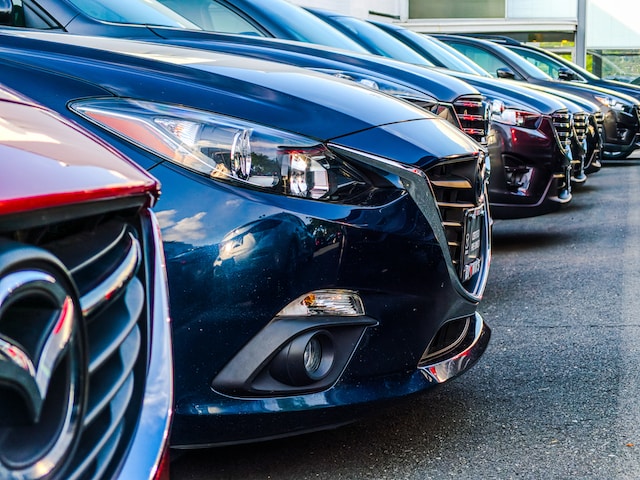You must be reading the paper differently it clearly says
‘In the first nine years of the vehicle’s life, the only scrappage that occurs results from write-off accidents. Thereafter there is a steady increase in scrappage till a peak is reached at around 14 years.’
The implication is therefore MOST people DON’T swap new cars every 4 years, if you have the means to do it great, but you are living in a very fortune position. Go for a drive today and see how many cars under 4 years old are on the road versus cars over 10 years old. You cannot seriously think people are scrapping cars after 4 years??? If EVs cannot last 15-20 years as a functional way of getting from A to B, and needs ‘scrapping’ after 4 years it makes a mockery of any ‘green’ credentials EVs ever had, in fact they would make diesels look the cars of choice for Greenpeace





